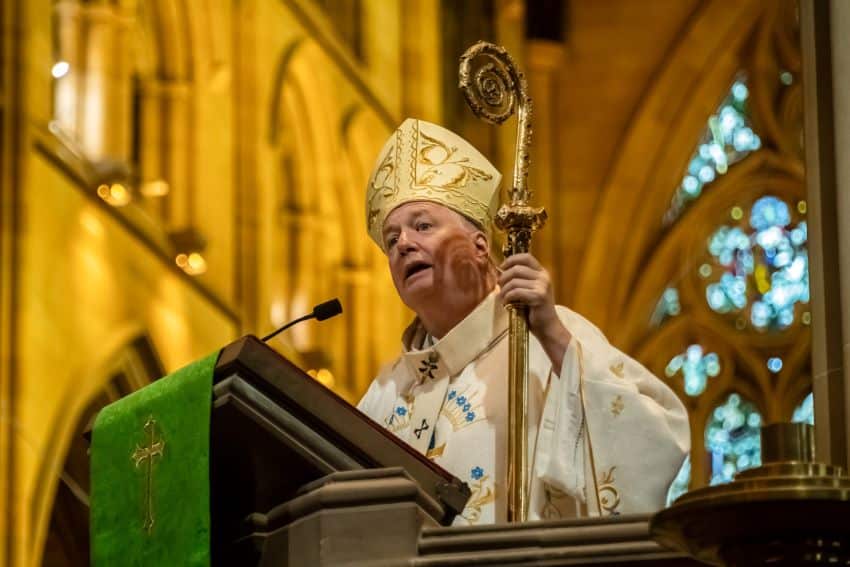
The recommendations of the Australian Law Reform Commission relating to faith-based education must be rejected because, if implemented, they would undermine the freedom of parents to choose such an education for their children and the freedom of religious groups to offer them that option.
It is deeply troubling that the Commission would ignore this long-cherished tradition in Australia, our duties under international law, and its own terms of reference that required it to make recommendations that would ensure that faith-based schools could continue to be a particular community of faith.
It is confounding, also, that the final report of the ALRC proposes even greater restrictions on religious schools than were proposed in its widely-criticised interim report. Despite a veneer of consultation, the Commission completely ignored the concerns raised by religious schools and communities.
The recommendations of the ALRC give no weight to the benefit that Catholic and other faith-based schooling has been to millions of Australian families for more than 200 years.
Offering low-fee education to all comers and often no-fee education to the most needy, church schools not only ensured parent choice but were often the only provider around.
Australia’s first saint, Mary Mackillop, and her Josephite sisters, set the tone by focusing above all on the needs of poor, indigenous, migrant and remote kids. But all that counts for nought with the ideologues.
It is a depressing feature of this nation’s recurrent discussions of religious freedom that they are framed as one group fighting for “the right to discriminate” and the other group fighting for equality.
It’s as if religious providers are only in the education game in order to promote hate. The reality is that church schools here and all over the world provide for children of all sorts—spiritually, academically, sexually and in every other respect—and they demonstrate great reverence for each child and a desire to do their best by them. In fact, they are radically inclusive and this is a key reason why parents seek them out.
Everyday millions of Australians engage with Catholic health, education, welfare and parish services and there they find welcome and pastoral care. The same institutions provide employment to hundreds of thousands of people of all faiths and none and from a range of personal situations, and the overwhelming majority find their employers to be sensitive to their individual needs.
Religious providers are only asking for the freedom to keep offering their services from within their own spiritual tradition. People then vote with their feet. When the law protects religious freedom, faith communities use it to serve those around them, especially the most needy, and to bolster our society by filling gaps in government and free market provision.
Today that freedom – to gather, speak freely, pray together and undertake works of service for others is being reduced slice by slice. People are sacked for social media posts that go against the cultural grain or for being part of a church that expresses traditional Christian beliefs.
An archbishop is dragged before a tribunal for teaching the Christian view of marriage. A Church hospital is forcibly acquired by the ACT government, apparently because of its ethics. Hospital funding is constantly threatened by those who would make it contingent upon abortion provision and church-based aged care facilities are dragooned into hosting euthanasia.
Ideologues seek to force radical curriculum and policies on all schools in the area of sexuality and gender. The Productivity Commission has recently expressed a view that no religious activity can truly be seen as charitable—even though the Church is by far the oldest and largest provider of education, healthcare and welfare in the world. It is proposed that there be tax disincentives for those who contribute to school building funds. The list goes on…
The ALRC report is deeply flawed but reflects a trend to talk down the contributions made by believers and their institutions to our social capital and to narrow their opportunities to serve.
Our political leaders must reject the report not only because of the damage it would do to faith-based schools but also because of the signal it sends about people of faith and their activities not being welcome in our community.
I call on our political leaders of all parties to come together to protect our religious freedoms, not just for the sake of believers but for the wider society whom they serve.
This op-ed first appeared in The Australian on 25 March 2024.
